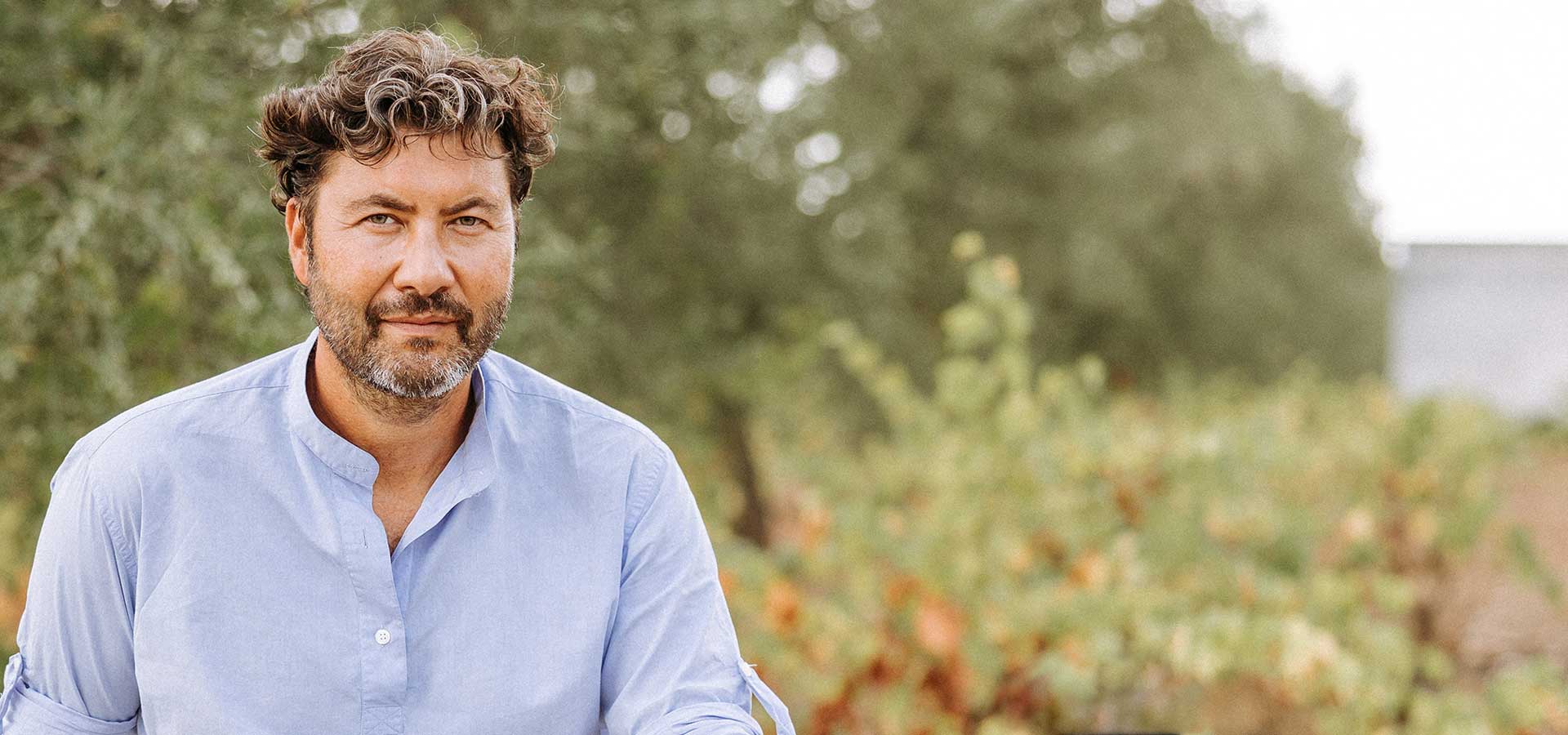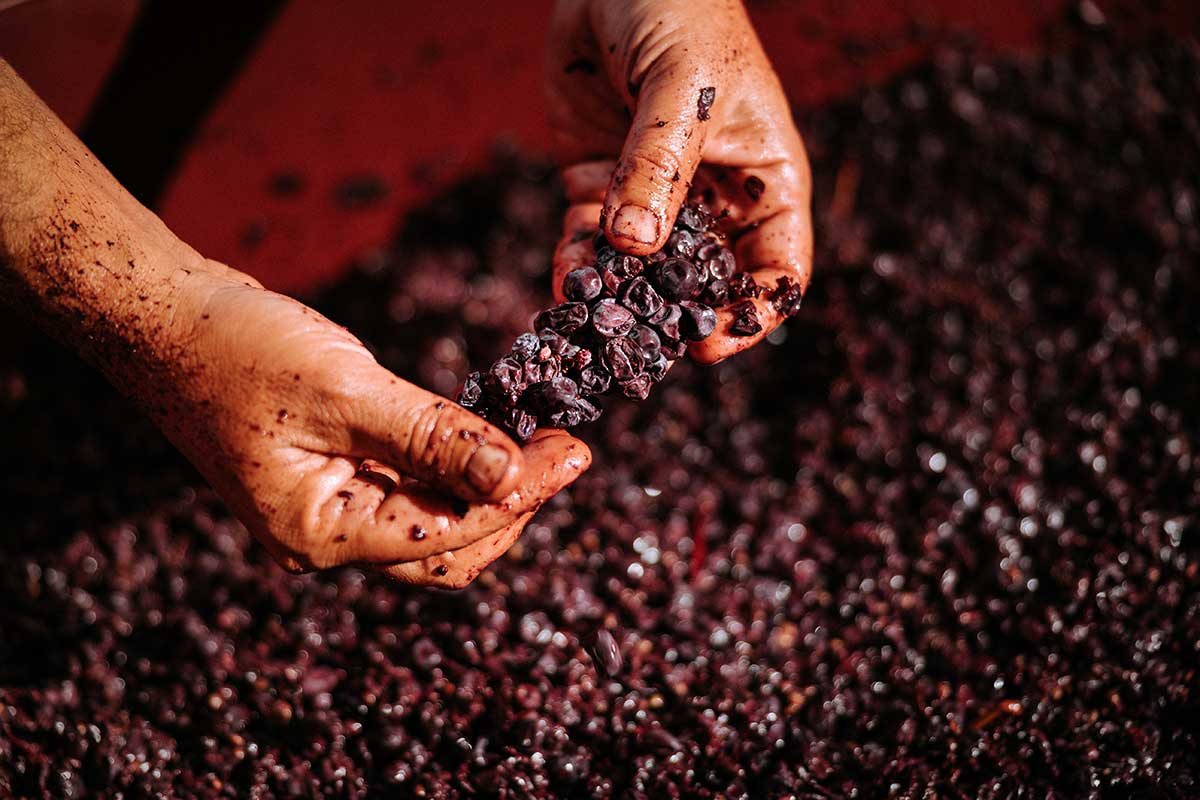Matteo’s isn’t a story about generation-long winemaking, but his family - as well as many other Apulian families - has always had their hands in the earth working the land. There certainly was no lack of impact and influences: His father’s father made his own primitivo wine in the masseria (typical southern Italian farm) while his mother’s father was a well-appreciated pruner and grafter of vines and olive trees.
Matteo himself didn’t drink any wine until he was 20 years old, but shortly after he became fully involved with and very dedicated to the world of wine and oenology, followed by an in-depth study trip to Bordeaux as well as numerous visits to the wine regions of Barolo, Barbaresco, Bolgheri, Franciacorta, Friuli, Irpinia, Chianti, and again France - from Champagne to Bourgogne, discovering large wineries as well as small-scale winemakers. Meanwhile, working as a commercial agent, Matteo had become area retail manager for Antinori, then commercial and marketing director for Tormaresca for the following ten years, and finally general director for Cefalicchio and Ognissole for another five years.
Twenty years of experience increasingly lead to his reunion with the land, agriculture and winemaking, causing him to evolve from wine promoter to wine producer. An evolution that peaked at the return to his family’s masseria, between the Murgia hills. That “handful of stones” that his grandfather had left him (‘u tataranne in the local dialect, from which the eponymous wine label), soon turned out to be much more than that, revealing a particularly interesting vineyard - amongst others - with typical alberello-trained vines, planted by his relatives in 1959. Matteo’s project I Parieti comes to live in this very vineyard, a piece of that heroic agricultural heritage thus far in danger of extinction, to which he decides to restore value and dignity.




